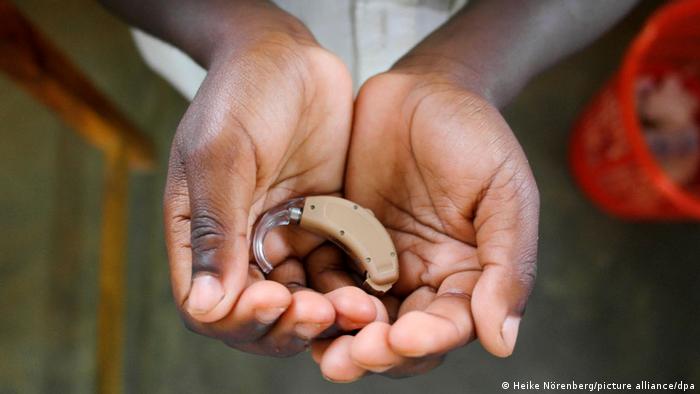BEING tired is no fun.
It’s a struggle to get out of bed and by the afternoon, you feel like you could sleep for England.
But one expert has revealed that there are ways you can beat the winter tiredness – making you feel more alert and helping you seize the day.
Dietitian Jenaed Brodell said that tiredness is one of the biggest health complaints in the UK.
The guru, who is the founder of Nutrition and Co said that these tips will help you see an improvement in no time at all.
1. Brave the cold
Research suggests that cold water therapy, such as cold showers, may help reduce fatigue and increase mental alertness, Jenaed said.
“If you’re not quite ready to immerse your whole body, start with splashing your face with cold water first thing and work your way up to the shower so you can reap the most benefits,”;; she suggested.
2. Stick to a schedule
Sometimes getting that good night’s sleep is easier said than done.
Jenaed explained that our bodies love routine, adding that this can help our internal biological clock keep ticking as it should.
She added: “This will leave you feeling more energised during the day and make you sleepy in the evening, preparing you for a deep and refreshing sleep.”;;
3. Let there be light
The lack of sunlight during the winter months means your brain produces more of a hormone called melatonin, which makes you sleepy.
To help regulate your melatonin levels, try to get outside first thing in the morning to help align your body clock for optimal energy during the day, Jenaed said.
“Spend as much time outdoors in daylight as you can, and make sure the blinds are open if you sit near a window whilst working,”;; the expert added.
4. Get moving
When you’re tired and running low on energy, probably the last thing you want to do is venture out into the cold.
Jenaed said: “But you might be surprised by how energetic you feel after getting involved in some kind of physical activity every day.
“If it’s too cold outside, or you don’t fancy running in the dark, try to migrate your workouts indoors.
“Aim for the NHS guideline of at least 150 minutes of exercise per week, which might look like 30 minutes five days per week.”;;
5. Get strategic
Whilst a healthy diet and plenty of rest can help fight fatigue, there are also times when you need an extra boost to get you through the day.
Whether you struggle to get into gear in the morning or suffer from the dreaded mid-afternoon slump, caffeine can help to increase alertness and sharpen your mind, Jenaed said.
She explained: “Caffeine is an incredibly well researched performance enhancer with a greater effect when consumed in its ‘anhydrous’ or more concentrated state, such as a caffeine tablet, as compared to coffee.
“Caffeine tablets like Pro Plus® Caffeine also allow a more controlled caffeine intake with precisely measured doses – removing the risk of caffeine overstimulation,”;; she added.
6. Sleep tight
Getting enough sleep is vital for fighting off winter tiredness, the guru explained.
“Whilst it’s tempting to go into hibernation when winter hits, that sleepy feeling you get does not mean you should snooze for longer.
“Aim for about 8 hours of shut eye a night and try to go to bed and get up at the same time every day. Try not to snooze that alarm for the tenth time, it can leave you feeling even groggier!
“Make sure your bedroom helps you feel relaxed and sleepy: clear the clutter, have comfortable and warm bedding, and turn off your phone and TV at least 30 minutes before bedtime.”;;
7. Unwind
If you’re under pressure to get loads done during the day, then this could be contributing to your tiredness, the expert added.
“Whilst there’s no quick fix for stress, there are some simple things you can do to help to reduce it.
“Many people find adding meditation, yoga, breathing exercises or mindfulness techniques into their day helps them to calm down and feel more relaxed and recharged, ready to tackle those tasks with a clear mind.”;;
It’s important that if you are worried about any of your symptoms that you see your GP.
In the event on an emergency, always call 999.




